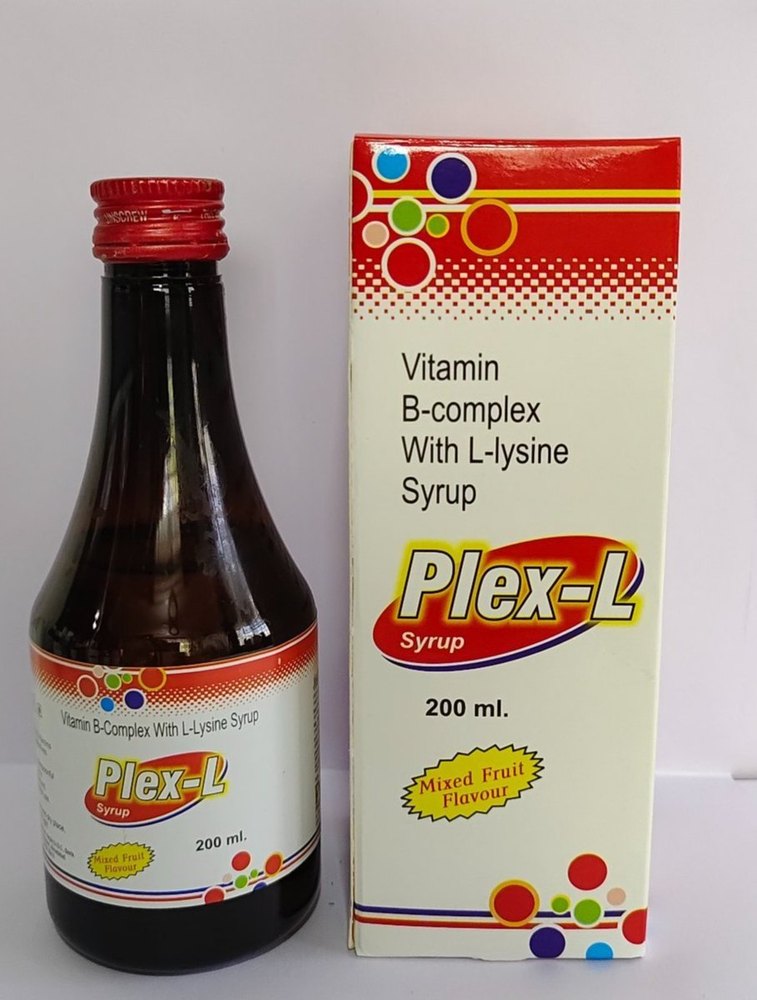Description
Caberlin Tablet: Your Guide to Use
Caberlin Tablet is a medication primarily used to treat conditions related to high prolactin levels (hyperprolactinemia). It is also used for:
- Prolactinomas (tumors that produce prolactin)
- Parkinson’s disease
- Uterine fibroids
- Acromegaly (excess growth hormone)
- Cushing’s disease (excess cortisol)
- Pituitary adenomas (non-cancerous pituitary gland tumors)
- Lactation suppression (stopping breast milk production)
How to Use
Caberlin Tablet should be taken with food.
Adult Dosing:
- Inhibition of Physiological Lactation (after childbirth):
- 1 mg as a single dose on the first day after delivery.
- Suppression of Lactation (to stop milk production):
- 250 mcg (0.25 mg) every 12 hours for 2 days.
- Hyperprolactinemia-Associated Disorders:
- Start with 500 mcg (0.5 mg) per week.
- Increase the dose by 500 mcg per week at monthly intervals based on your response.
- The weekly dose can be given all at once or divided into two doses on separate days.
- If your total weekly dose is more than 1 mg, it should always be given as divided doses.
- Usual dose: 1 mg per week (can go up to 4.5 mg per week).
- Parkinson’s Disease (as sole treatment or with levodopa):
- Monotherapy: Start with 0.5 mg daily.
- Adjunct to levodopa: Start with 1 mg daily.
- Your doctor may increase the dose in increments of 0.5-1 mg every 7 or 14 days.
- Maximum dose: 3 mg daily.
- Elderly: Your doctor will likely start you on a lower dose.
Liver Impairment:
- If you have liver impairment, dose adjustments may be necessary. Your doctor will monitor your liver function regularly.
Important Considerations
Do Not Use If:
- You are hypersensitive or allergic to cabergoline, other ergot derivatives, or any component of the product.
- You have uncontrolled high blood pressure (hypertension).
Precautions:
- Cardiovascular Health: Use with caution if you have heart or blood vessel disease, or Raynaud’s syndrome.
- Organ Impairment: Use with caution if you have kidney or liver impairment.
- Stomach Issues: Use with caution if you have a peptic ulcer or a history of gastrointestinal bleeding.
- Mental Health: Use with caution if you have a history of psychosis.
- Driving & Operating Machinery: This medication may cause dizziness. Do not drive or operate machinery if you feel affected.
- Pregnancy: Discuss the risks and benefits with your doctor if you are pregnant.
- Lactation: It’s unknown if Caberlin is excreted in breast milk; use with caution. However, for HIV-positive women, it’s advised not to breastfeed due to the risk of HIV transmission.
- Long-term/High-dose Use: Prolonged use or high doses may lead to psychiatric disorders, or fibrosis (scarring) of tissues in the lungs (pleural), abdomen (retroperitoneal), or heart valves (cardiac valvular).
- Monitoring: Your doctor will monitor your serum prolactin levels monthly until they normalize.
Interactions:
- Antihypertensives: Increased risk of low blood pressure when standing up (orthostatic hypotension) when used with blood pressure medications.
- Dopamine: May increase the vasoconstriction (narrowing of blood vessels) effect of dopamine.
- Nitroglycerin: May reduce the vasodilation (widening of blood vessels) effect of nitroglycerin.
- SSRIs or TCAs: Concurrent use with selective serotonin reuptake inhibitors (SSRIs) or tricyclic antidepressants (TCAs) may increase the risk of serotonin syndrome.
- Potentially Fatal Interactions:
- Sibutramine: There is a risk of serotonin syndrome with sibutramine; this combination should be avoided.
- Certain Antipsychotics (e.g., phenothiazines, butyrophenones, thioxanthenes) and Metoclopramide: Avoid concurrent use as they may reduce the prolactin-lowering effect of cabergoline.
Potential Side Effects
While taking Caberlin Tablet, you might experience some side effects.
Very Common (More than 10%):
- Nausea (27%)
- Headache (26%)
- Dizziness (15%)
- Constipation (10%)
Common (1-10%):
- Weakness (asthenia) (9%)
- Fatigue (7%)
- Abdominal pain (5%)
- Drowsiness (somnolence) (5%)
- Low blood pressure when standing (postural hypotension) (4%)
- Depression (3%)
- Indigestion (dyspepsia) (2%)
- Nervousness (2%)
- Abnormal vision (1%)
- Breast pain (1%)
- Painful menstruation (dysmenorrhea) (1%)
- Hot flashes (1%)
- Tingling or numbness (paresthesia) (1%)
Potentially Fatal:
- Risk of serotonin syndrome with sibutramine; this combination should be avoided.
How It Works
Cabergoline is a long-acting dopamine D2-agonist. This means it acts like dopamine, a natural chemical in your brain. By stimulating dopamine D2 receptors, it inhibits the release of prolactin from the pituitary gland. This is because the hypothalamus naturally controls prolactin secretion by releasing dopamine, which typically suppresses prolactin.
Additional Information
Caberlin 0.25mg Tablet is manufactured by Sun Pharmaceutical Industries Ltd. Its generic name is Cabergoline, and it is available in Nepal.
Additional information
| form | Oral Tablets |
|---|





Reviews
There are no reviews yet.